Society of Scholars
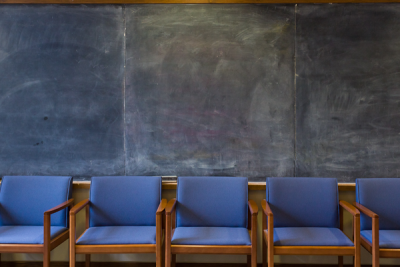
The Society of Scholars is an intellectual community of humanists of diverse generations, academic ranks, and departmental affiliations who contribute to and learn from one another’s work. Each year, approximately eight faculty and three dissertation research fellowships support members of the Society of Scholars. Scholars in year-long residence at the University of Washington may be invited to participate as well. The group meets biweekly throughout the year to discuss their research in progress.
Apply for the Fellowship (Faculty)
2025 - 2026 Society of Scholars
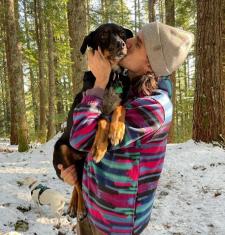
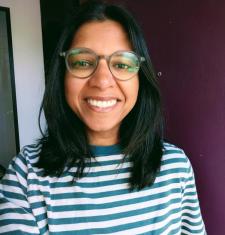
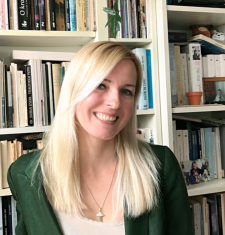
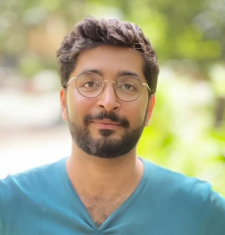
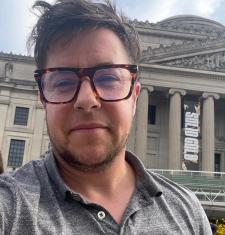
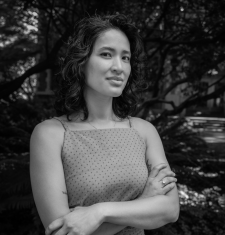
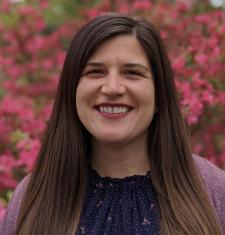
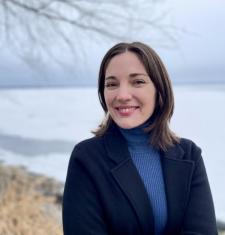
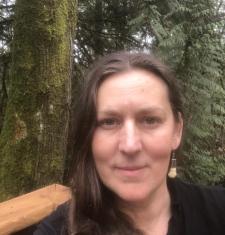
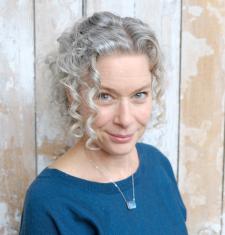
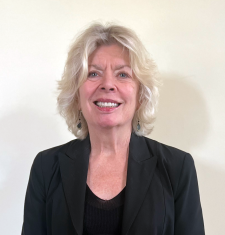
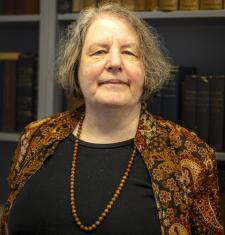
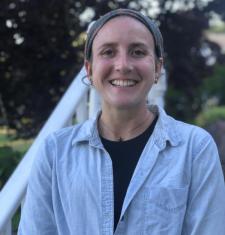
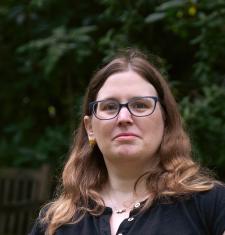
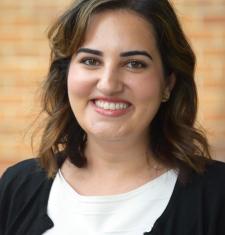
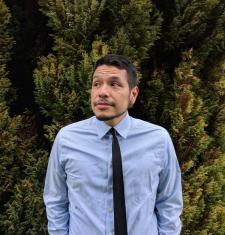

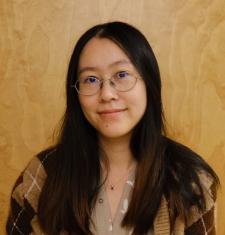
2020 - 2021 Society of Scholars Fellow
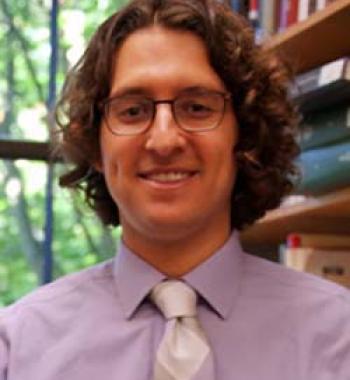
Devin Naar (he/him/his)
Another Race Problem: Sephardic Jews, Race, and Migration in the American Empire
Another Race Problem not only brings to light the invisible experiences of Jews from the Ottoman Empire (Sephardic Jews) who came to the US during the twentieth century. Drawing on archival sources in nine languages, it also overturns the myth of American (Jewish) exceptionalism by reevaluating the American racial imagination, classification schemas, and immigration and justice systems: how they worked—and when, why, and how they broke down.